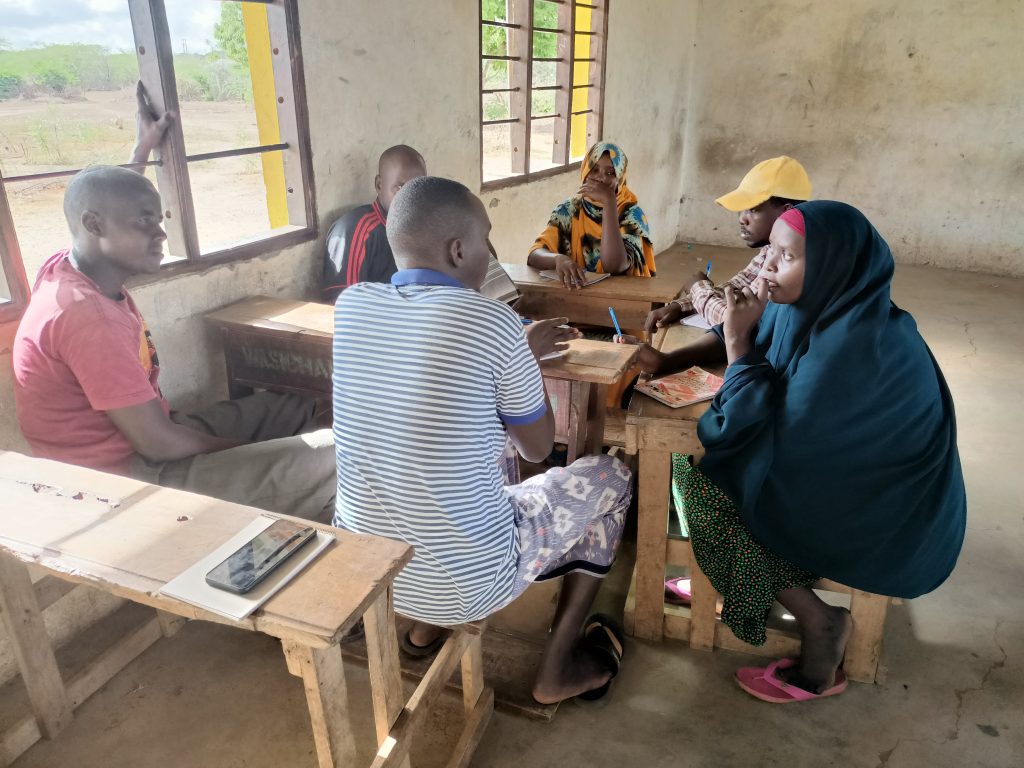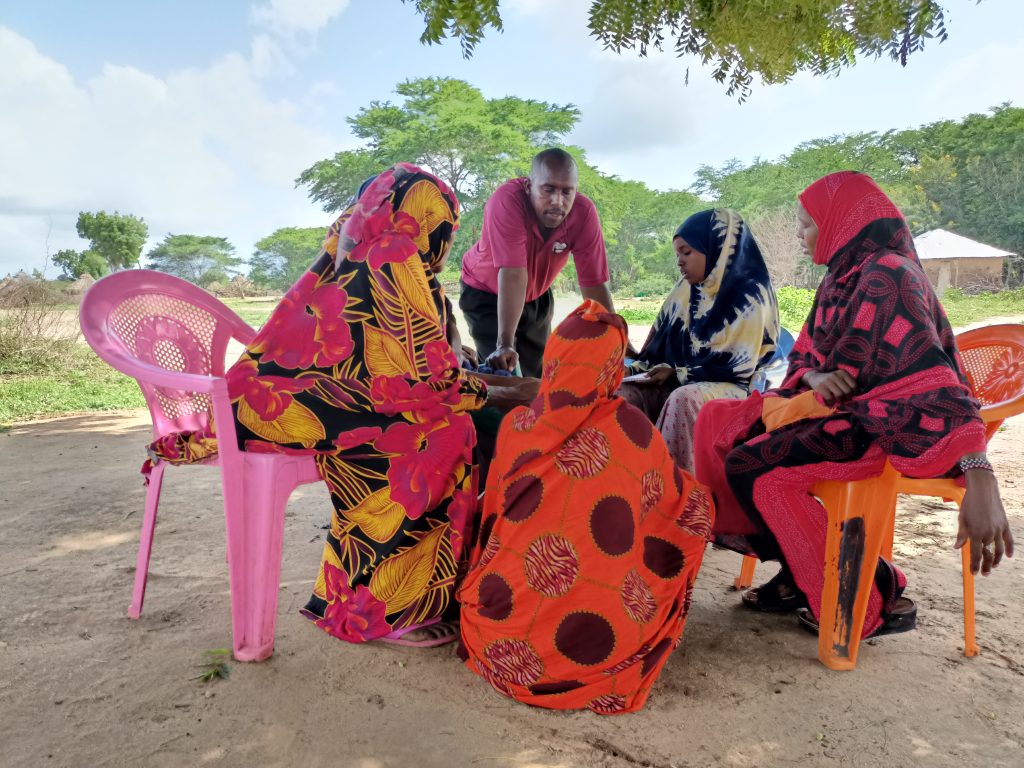Women play a key role when it comes to the topic of flood resilience. Despite this, they are often left out of important conversations, which results in gaps when trying to achieve resilience. Concern Worldwide Kenya, through the Zurich Flood Resilience Alliance, is trying to change this and support women’s participation in such forums.
Background
As part of the Alliance, Concern Worldwide is implementing a Flood Resilience Alliance project in Tana River County, Tana Delta Sub County, Kenya. The communities in this location are mainly patriarchal, with traditional norms being that women are there ‘to be seen and not heard’. This then discourages women from voicing their opinions. As the Fanti (Ghanaian) proverb goes: “If you educate a man you educate an individual, but if you educate a woman you educate a family [nation].” Women have the potential to help communities improve and move forward – but because they do not have the opportunity to voice them, these ideas and opinions remain buried deep down in their hearts.
Concern Worldwide, in partnership with the County Government of Tana River, is trying to break this bias by ensuring that women are involved in flood resilience activities. During the Flood Resilience Measurement for Communities (FRMC) process, men, women, youths, people living with disabilities and the elderly were brought together to participate in collecting different opinions from a wide range of demographics. This presented a challenge for both the community members – and the female Concern staff who were leading this process – to shift the prevailing mindset.
The challenge of having women’s voices heard
In one community, when a female staff member stood up to speak early on in the process, all the men looked to the side because they felt that woman should not address men and the elderly. This led to a male government official taking the lead whilst the female staff supported him. However, with continued interaction with the staff, the men and elders gradually accepted her facilitating the process in the following days. This was a great shift in attitude and allowed other women to contribute to the topics of discussion. For the first time, the women had an opportunity to be heard.

Addressing the challenge
As an organisation, we saw a big change in women voicing their opinions when taking part in the FRMC process. At the beginning, most women – especially those from pastoral communities – were not voicing their opinions, and instead sat back and let the men assume leadership and contribute to the discussion. When we realised this, we decided to arrange the community in groups, and ensure women had their own group in which they could have constructive discussions. This resulted in the women voicing their opinions comfortably, and then presenting them to the larger group. The men and the elderly took into account most of their ideas, which led to the women gaining the confidence to voice their opinions in subsequent meetings.
During the FRMC results, feedback, validation and action planning sessions, some women were given an opportunity to be part of a Flood Resilience Action Committee in order to help disseminate the findings to the greater community, gather feedback and report back to the committee (and Concern) to facilitate the validation of the results. This was a big challenge for the women, who were not used to taking up such roles, but they enthusiastically took to the task and delivered successfully.

Space for women in flood resilience discussions
Following the development of the Community Action Plan, women spoke more boldly in meetings and grew confidence in voicing their opinions in front of an audience. As a result, community members, including men and elders, became used to hearing women speak up and voice their opinions. They spoke of the challenges faced during floods and the solutions that they feel would increase flood resilience.
During the discussions, men generally thought of big structural projects in flood resilience such as the construction of dykes, bridges and permanent houses. Women leaned more towards ideas of getting safe water, maintaining hygiene levels during flooding to protect against water-borne diseases, table banking (a community-based loan system) and diversifying livelihoods to increase their income.

As a result of this, some women were chosen to be part of the Community Advocacy Group; out of the 39 individuals, 13 of those selected as advocacy champions were women. This is a huge improvement in comparison to the norm, as a patriarchal society has previously meant that women were not often given these positions, or opportunities to be heard.
These women are now fighting for the community priorities that are part of the Community Action Plans, to be included in the County Integrated Development Plan (CIDP). This is prepared by all counties to guide development over a five-year period; once a project is in this plan, it is much easier to get the County Government to fund it.
We believe that women play a critical role in building flood resilience and deserve a space at the table when having such conversations. Do you?
This blog post was written to mark International Women’s Day 2023 the theme of which is ‘Embrace Equity’. The example above shows how communities in Kenya are beginning to embrace equity in their efforts to build community flood resilience.

Comments